
Global Report: Despite the Fall of the Assad Regime, Syria Remains a Center for Captagon Production and Distribution

- Europe and Arabs
- Friday , 27 June 2025 12:28 PM GMT
Damascus - New York: Europe and the Arabs
During Bashar al-Assad's rule in Syria, his regime was accused of profiting from the production and trade of Captagon, an illegal synthetic drug commonly abused by users in the Middle East. Despite the current interim authorities' crackdown on this trade, the country remains a center for the production and distribution of this drug.
During the country's long civil war, the Assad regime has been subjected to sanctions and diplomatic isolation, and the Captagon trade is believed to have generated billions of dollars for the regime and its allies. According to the UN daily news bulletin, a copy of which we received on Friday, the country's attitude toward this trade changed markedly after the fall of Assad in December 2024 and the arrival of a transitional government that pledged to disrupt the supply chain, demonstrating this through the public destruction of large quantities of seized Captagon.
However, the latest edition of the World Drug Report, released by the UN Office on Drugs and Crime on Thursday, warns that Syria remains a major hub for this drug, despite the security crackdown.
Ahead of the report's release, Angela Me, head of social affairs at the UN Office on Drugs and Crime, spoke to UN News about the continued use of Captagon in the region.
Angela Me: Captagon is a stimulant, similar to methamphetamine, taken as a pill, and for many years it was the main drug of concern in the Gulf states and parts of North Africa. It has been dubbed the "jihadi pill" after the discovery that perpetrators of some terrorist attacks have used it. They used it. On the battlefield, the drug helps maintain energy, which is one of the reasons it is so widely used. But users quickly become dependent on it, and it causes physical and mental health problems.
UN News: The Syrian interim authorities have indicated that they will not tolerate this trade, but your report shows that Syria remains a major hub for Captagon. Who is producing and selling it?
Angela Me: There is a lot of uncertainty around this. We see a lot of large shipments going from Syria through, for example, Jordan. There may still be stockpiles of the substance being shipped, but we are looking into where production may be diverted. We also see smuggling expanding regionally, and we have discovered laboratories in Libya.
UN News: Given the large sums of money generated by the drug, are there still groups in Syria that want to continue trading in the parts of the country they control?
Angela Me: Certainly, and not just in Syria, but also in the wider region. These groups have been running Captagon for a long time, and production will not stop in a matter of days or weeks.
We are helping countries address the problem from An organized crime perspective, to understand the criminal groups involved, so they can design responses and solutions: Our research shows that there is no single response to dismantling these groups.
We also help law enforcement agencies connect with their counterparts in the region, because this is not a national problem. It is clearly a transnational problem that extends beyond the Middle East; we have seen the movement of Captagon through Europe, for example.
Another way we can support is by addressing health-related issues and sharing evidence-based treatments that can truly help people recover from their drug dependence.
Highlights from the World Drug Report:
Violence linked to the cocaine market is now spreading to countries in Western Europe, including as a result of the growing influence of organized criminal groups from the Western Balkans in trafficking cocaine from South America to Europe.
Profits generated from the cocaine trade distort entire economies in some parts of Latin America, undermining economic investment and the well-being of communities. In some countries, illicit financial flows from the cocaine trade can reach levels comparable to the value of total national agricultural exports.
Conflict and instability continue to provide a platform Fertile ground for the production and trafficking of synthetic drugs.
The war in Ukraine has disrupted established routes for heroin and cocaine smuggling, but the production and trafficking of synthetic drugs has expanded.
Criminal groups are innovating in chemical concealment of drugs, significantly complicating detection and interdiction operations.


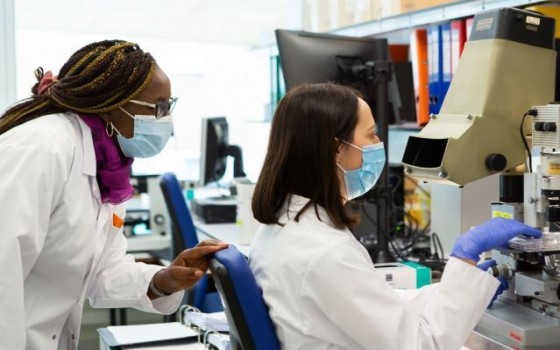
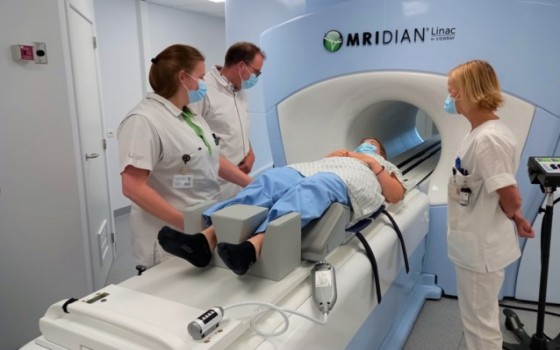
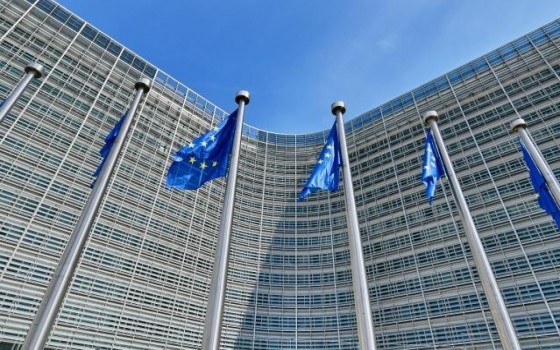
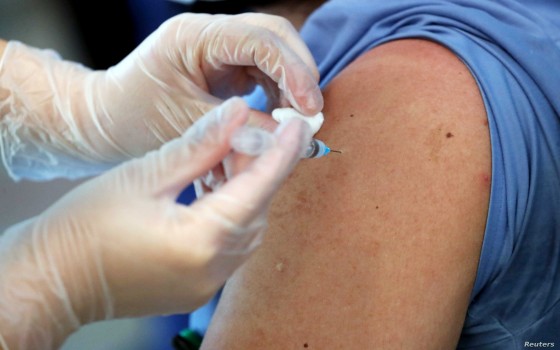
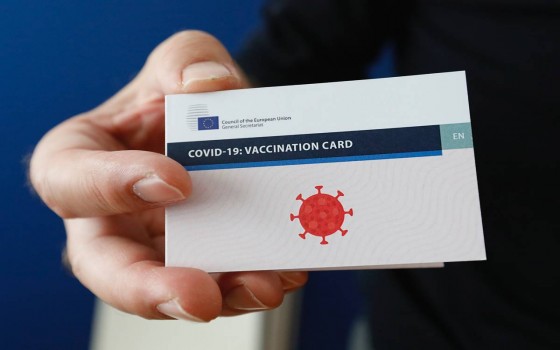


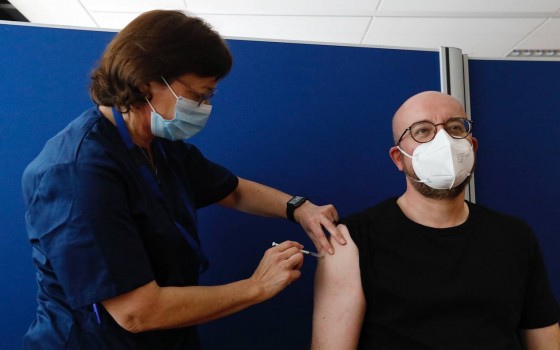


No Comments Found